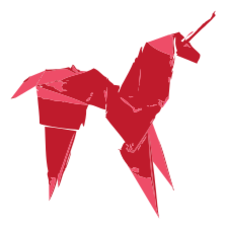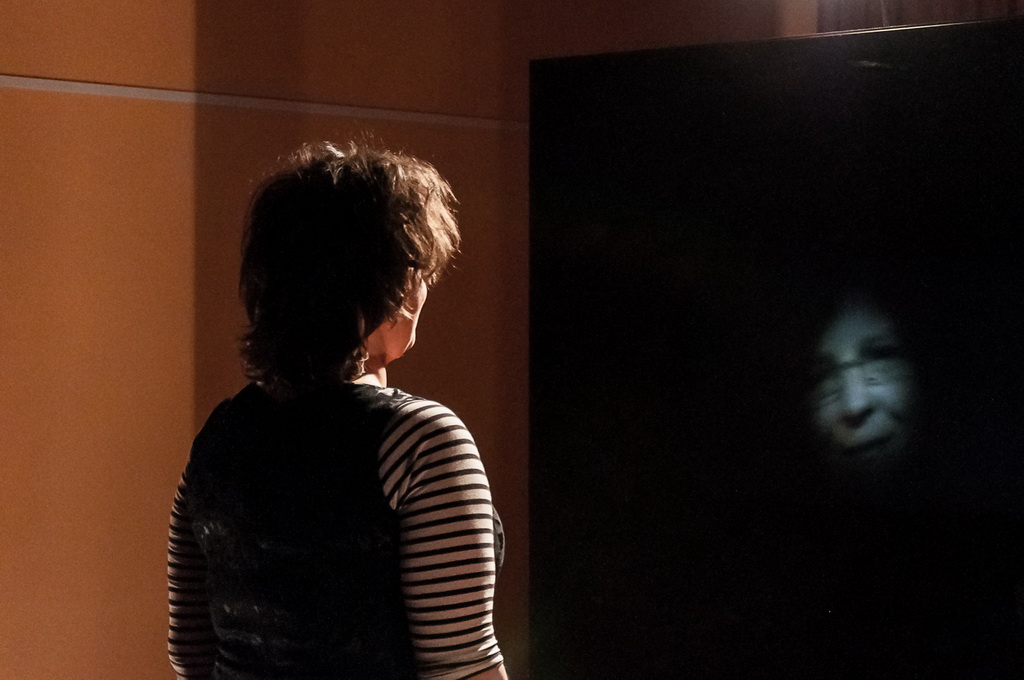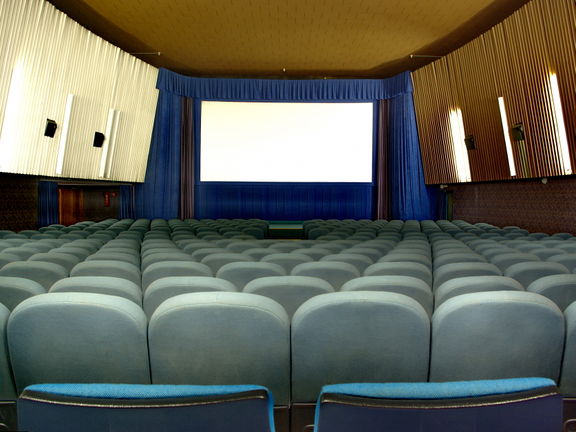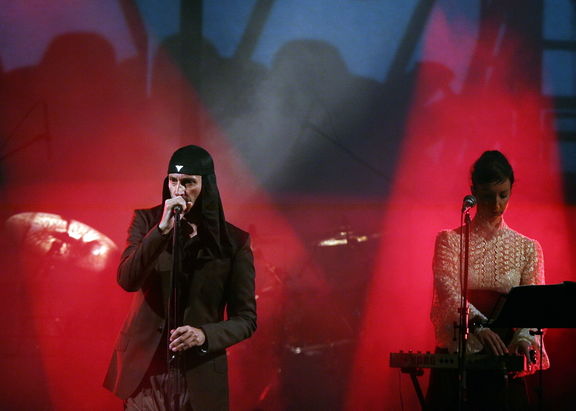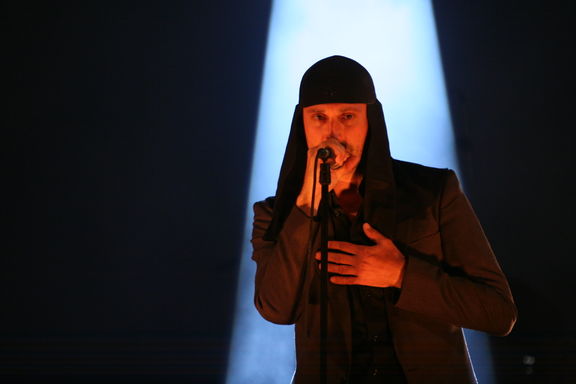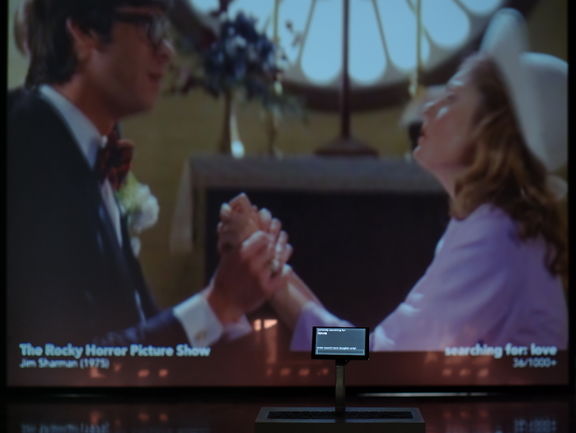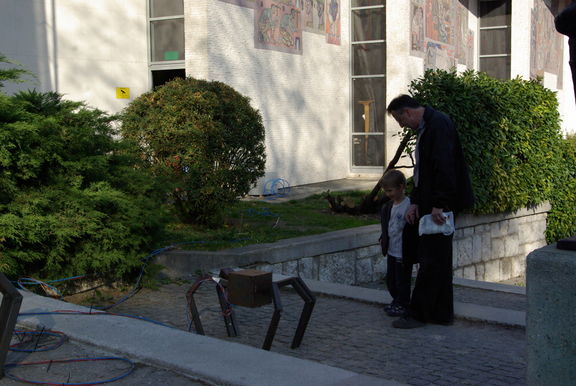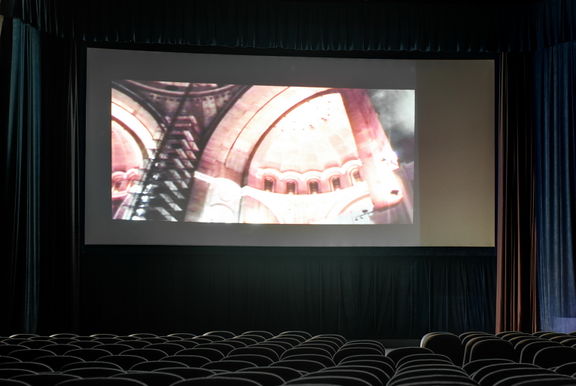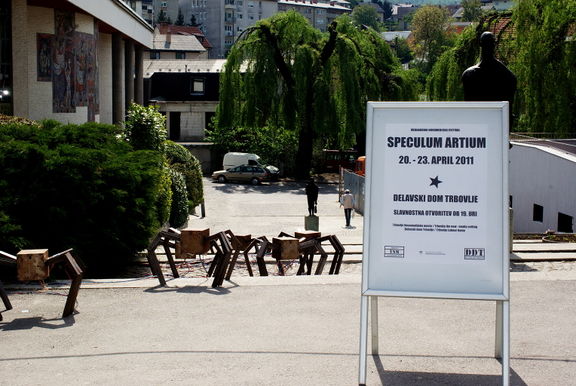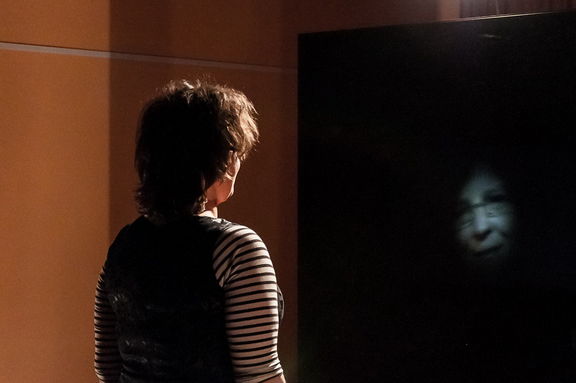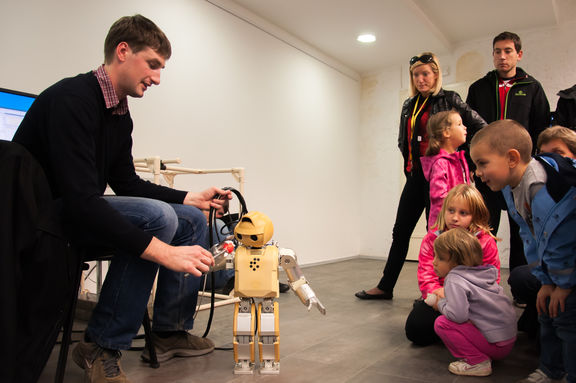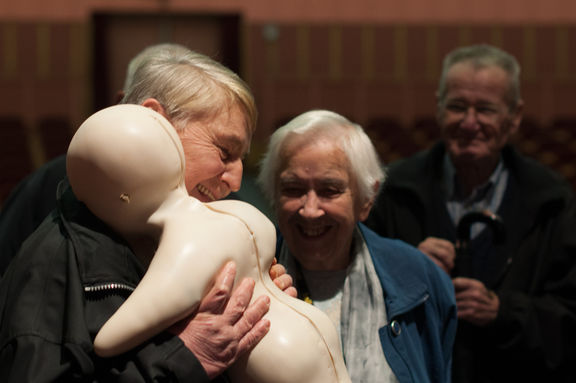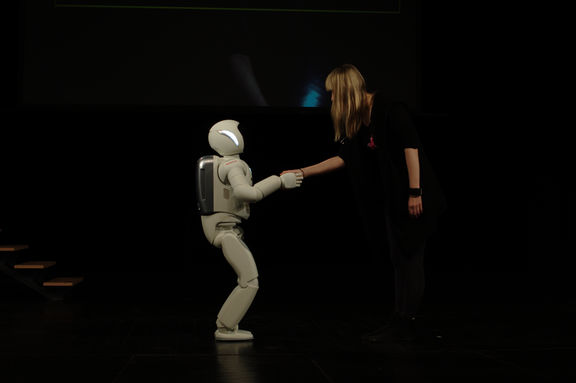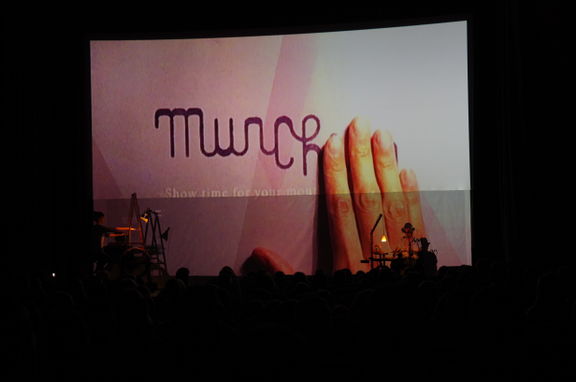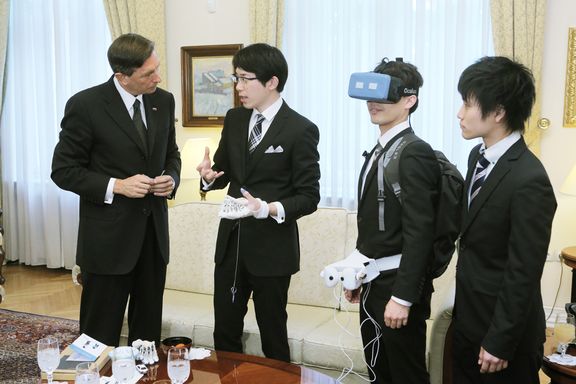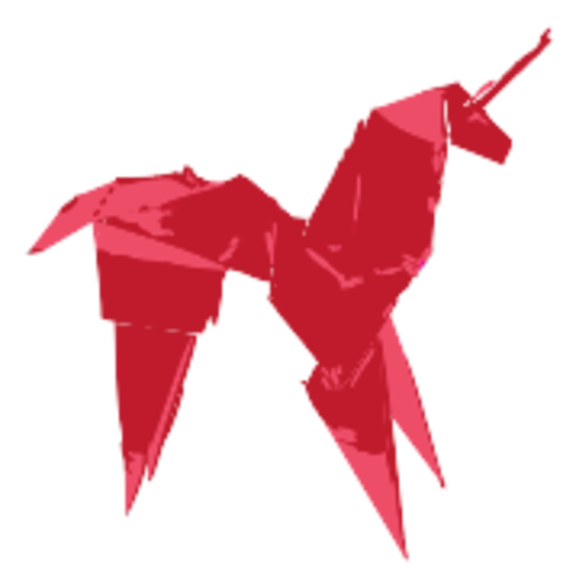Difference between revisions of "Speculum Artium Festival"
(dates 22) |
|||
| (One intermediate revision by one other user not shown) | |||
| Line 24: | Line 24: | ||
| dates and duration = | | dates and duration = | ||
| duration weeks = 16 (2012) 41 (2013) 40 (2014) | | duration weeks = 16 (2012) 41 (2013) 40 (2014) | ||
| − | | festival dates = 15.10.2015 - 17.10.2015, 13.10.2016 - 15.10.2016, 14.9.2017 - 16.9.2017, 13.9.2018 - 15.9.2018, 17.10.2019 - 19.10.2019, 15.10.2020 - 17.10.2020, 23.9.2021 - 25.9.2021, 22.9.2022 - 24.9.2022 | + | | festival dates = 15.10.2015 - 17.10.2015, 13.10.2016 - 15.10.2016, 14.9.2017 - 16.9.2017, 13.9.2018 - 15.9.2018, 17.10.2019 - 19.10.2019, 15.10.2020 - 17.10.2020, 23.9.2021 - 25.9.2021, 22.9.2022 - 24.9.2022, 20.9.2023 - 23.9.2023, 18.9.2024 - 21.9.2024 |
| contacts = | | contacts = | ||
{{Contact | {{Contact | ||
Latest revision as of 09:29, 11 April 2024
Concept
Speculum Artium presents not only various new media productions but also strives to establish a critical reflection of the contemporary society and of its political and technological conditions.
The name Speculum Artium refers to a theoretical text by the Austrian artist, curator and theoretician, Peter Weibel. In his text titled the The Post-Media Condition (2005, see link below), he writes about the nature of the "relationship between art and politics which can be expressed as the speculum artium, or the mirror of art". In line with Weibel's theory, the festival treats new media technologies as potentially highly emancipatory spheres.
Each year, the festival is structured around a particular concept. Some concepts have been "Art and Science to Empower"; "Reality Under Surveillance"; "Integrity of Reality"; and "Exit Strategy – Art or Technicism".
Background
The festival was initially set up as a collaborative project under the supervision of the Academy of Fine Arts and Design, featuring also the ArtNetLab society, the Academy Of Fine Arts Prague, and the University of Applied Arts Vienna. It was held in the City Art Gallery Ljubljana.
In 2009 (with Peter Weibel curating the festival) it moved to its current abode, the Delavski dom Trbovlje.
Programme
Speculum Artium often invites or works with various curators (such as Herwig Steiner from Vienna, Srečo Dragan from Ljubljana, and Michaela Ortner from Linz). Together, they not only present emerging new media practices around the world but also set up talks and presentations by scientists (such as Hiroshi Ishiguro, who brought along his android double, and the crew from Honda Robotics, presenting their robot ASIMO) and theoreticians (such as Leon Žlajpah from Jožef Stefan Institute and Polona Tratnik).
Some of the invited artists have been Stelarc, ARART, Dorcas Müller, Brigitta Zics, The Awkwardstra, Be another lab, Christoph Schwarz, Julian Palacz, Andrej Koruza, Reinhard Gupfinger, Travis Kirton, Stefan Doepner, Maša Jazbec, Group V.A.T., and Tiago Martins.
The festival usually also includes an exhibition of student artworks, reflecting the issues of contemporary society by way of audio and video installations and interactive projects. It has a rich accompanying programme with performances, happenings, workshops and concerts (hosting, for example, Laibach, KIBLA Multimedia Centre, KID PiNA, Open Lab, and the Interface Culture Univerza from Linz).
DigitalBigScreen
The festival DigitalBigScreen was founded in 2010 and later incorporated into Speculum Artium as its sub-programme. Its main idea to screen video art in a movie theatre with a big cinematic screen (using a digital Sony KA4 projector), thus offering contemporary visual practices a very powerful venue. DigitalBigScreen also makes possible the transmission of the submitted works into the Slovenian Art Cinema Network, therefore also reaching audiences that rarely have access to such content.
The submissions for the festival come from all over the world. Usually they are judged by an international expert committee which bestows awards for the best video. However, the programme of the festival varies from year to year, with, for example, the focus in 2017 being the Fluxfilm Anthology.
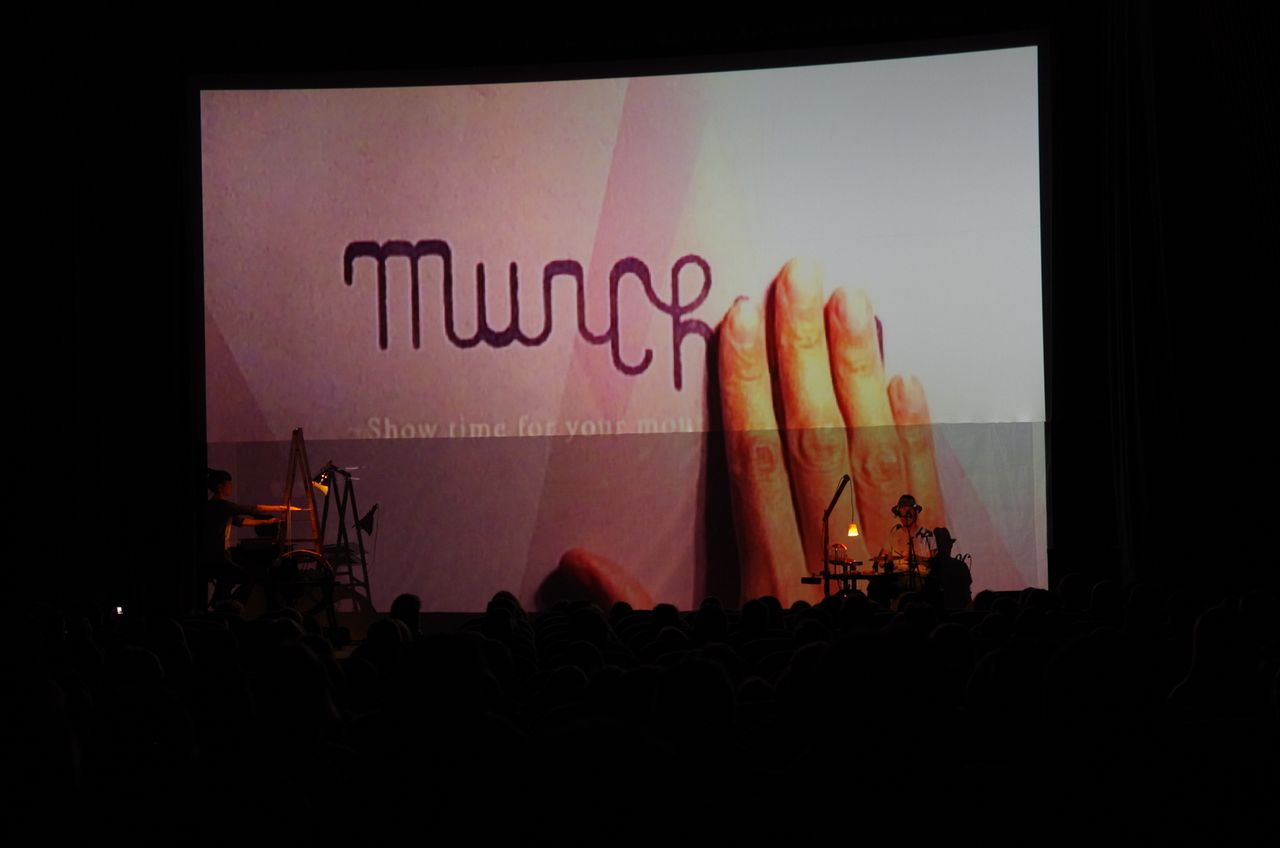
Collaborations
Speculum Artium often invites various art academies and education and research institutions to participate in its programme. Beside the aforementioned protagonists, the festival has worked with the Faculty of Computer and Information Science, Ljubljana, the Arts Academy of the University of Nova Gorica, the Jožef Stefan Institute, the University of Tokyo, the University of Art and Design in Linz, and others.
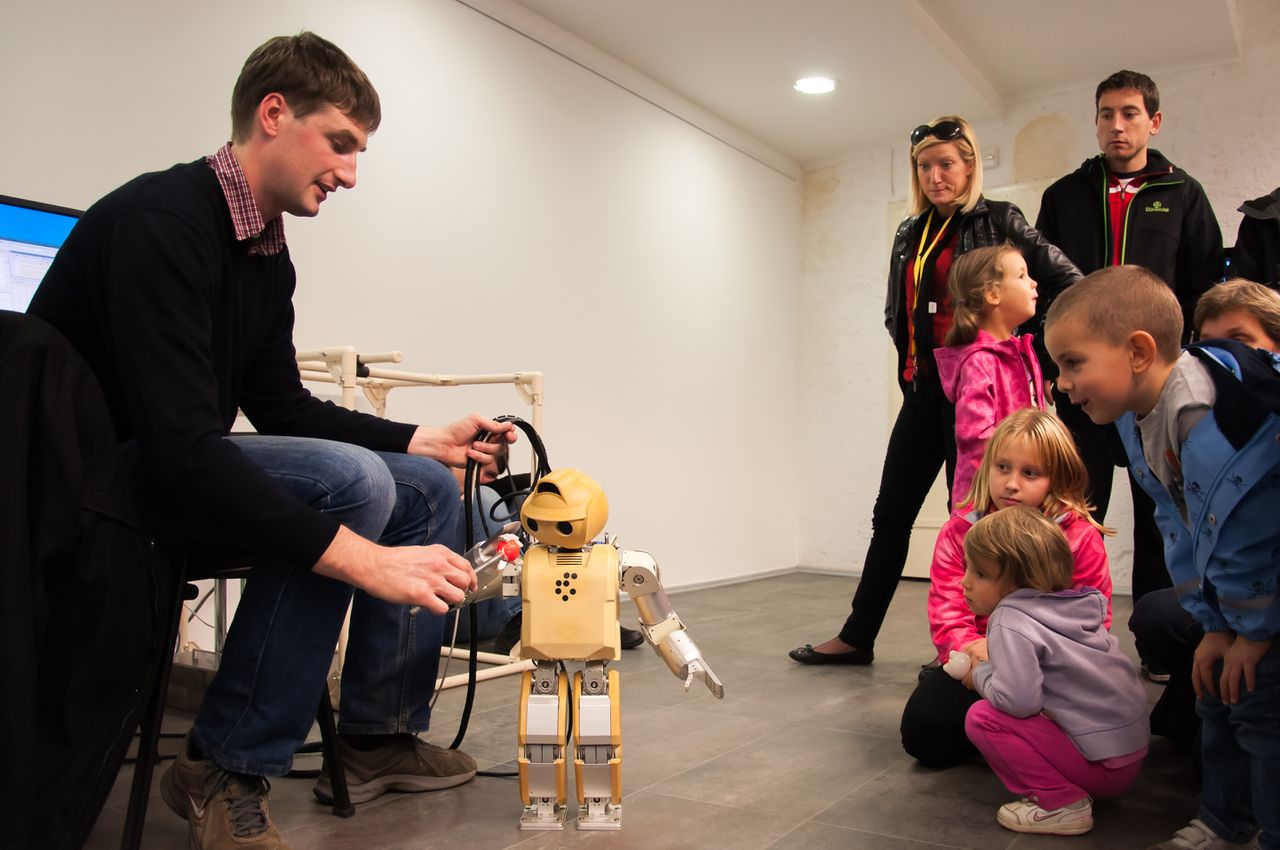 The younger visitors of the Speculum Artium Festival watching a project set up by the Jožef Stefan Institute, 2013
The younger visitors of the Speculum Artium Festival watching a project set up by the Jožef Stefan Institute, 2013
See also
- Delavski dom Trbovlje Cultural Centre
- Trbovlje, New Media Setting
- Academy of Fine Arts and Design
- Arts Academy of the University of Nova Gorica
- Zasavje Museum, Trbovlje
- ArtNetLab
External links
- Speculum Artium website
- DigitalBigScreen website
- Trbovlje, New Media Setting website
- Trbovlje Cultural Centre website (in Slovenian)
- ArtNetLab website
- The Post-Media Condition, a text by Peter Weibel
- 2008 Speculum Artium webpage



